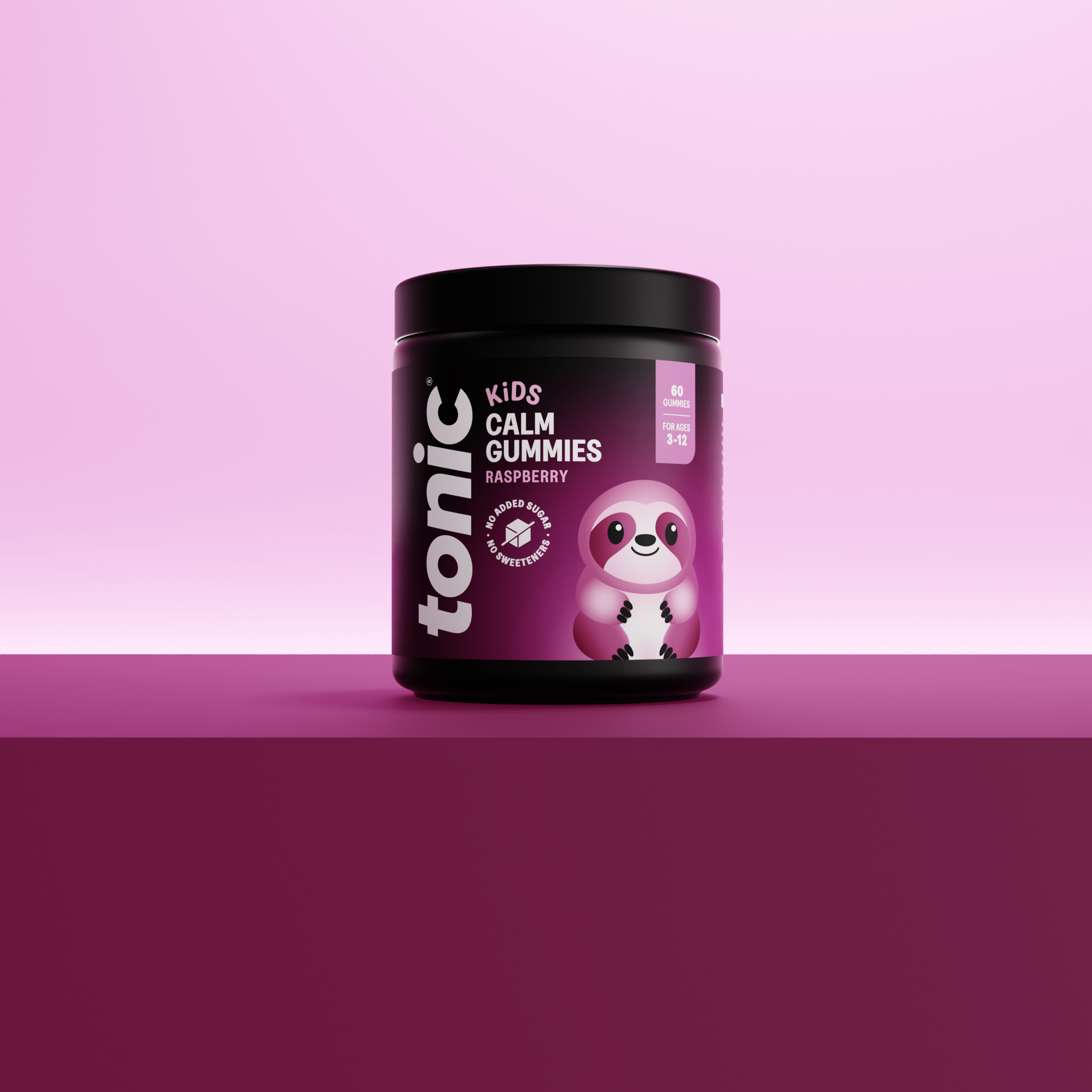Most of us were probably aware long before adulthood that vitamins are important for health, having been told constantly by our parents as we were growing up to eat the healthy food on our plates because “It’s got loads of vitamins”.
Mum knows best, of course. But do you know exactly how and why vitamins are so important, especially for combating infection?
Introducing vitamins and their major influence
We probably all think to some extent that we instinctively know what vitamins are. But can you explain what they are and what they do?
In short, vitamins are nutrients that the body needs in small amounts to support all manner of essential processes. Your body’s immune response is just one of those processes, but vitamins nonetheless help out your immune system in various direct and indirect ways.
Vitamins’ immune role isn’t always obvious
As explained, for example, by Lauren Howson for the blog of the MRC Weatherall Institute of Molecular Medicine at the University of Oxford, there are specialised immune cells in the body known as mucosal-associated invariant T (MAIT) cells.
The intermediate products created when vitamins are made are also known as metabolites, and they are not present in the body. However, MAIT cells are capable of detecting vitamin metabolites from the vitamin B group.
With bacteria – unlike us – able to produce vitamin B, vitamin B metabolites accompanying the bacteria is therefore a telltale sign of infection. This prompts the MAIT cells to work with the rest of the immune system to attack the bacteria so that it can be removed from the body.
What vitamins might you need more of?
That’s perhaps an unexpected – or at least a less well known – example of how vitamins can be instrumental in your body’s efforts to fight infection. However, there are plenty of examples of the other benefits vitamins can have that make it especially important to ensure you have a good intake of them when unwell.
Vitamin D, for instance, is well-known for the support it provides to the immune system, as it’s instrumental in the creation of proteins that destroy viruses and bacteria.
One recent analysis of 25 randomised controlled trials found that taking vitamin D supplements enabled people with low levels of the vitamin to significantly reduce respiratory infections. The supplements even decreased the risk in people with normal levels of vitamin D.
Meanwhile, vitamin C has its own important role as a co-factor, enabling the immune system to catalyse enzyme reactions for both the innate and adaptive immune systems. Vitamin C helps leukocytes to function properly, these being the white blood cells that help to tackle infections.
While no amount of vitamin C can guarantee that you won’t catch a virus or cold, previous research has indicated that it may help to shorten how long cold symptoms last.
Don’t underestimate the help vitamins can give you when unwell
With the likes of vitamin A and vitamin E also recognised as having integral parts to play in helping the body to fight infection, be sure not to overlook them when you’re trying to live well and recover from a virus or cold.
And, of course, you should also always aim for a responsible and balanced diet, embracing a wide variety of foods, to further maximise the likelihood of swiftly returning to your healthy best if you do fall ill.







Leave a comment
All comments are moderated before being published.
This site is protected by hCaptcha and the hCaptcha Privacy Policy and Terms of Service apply.